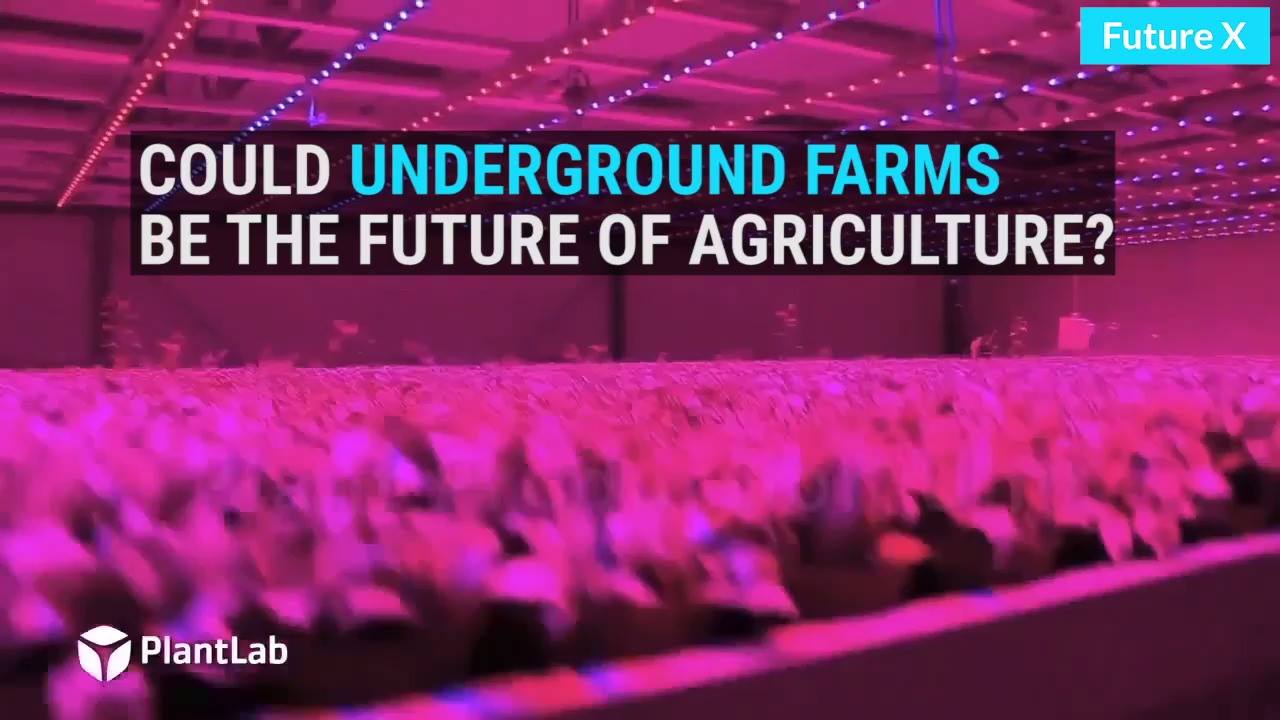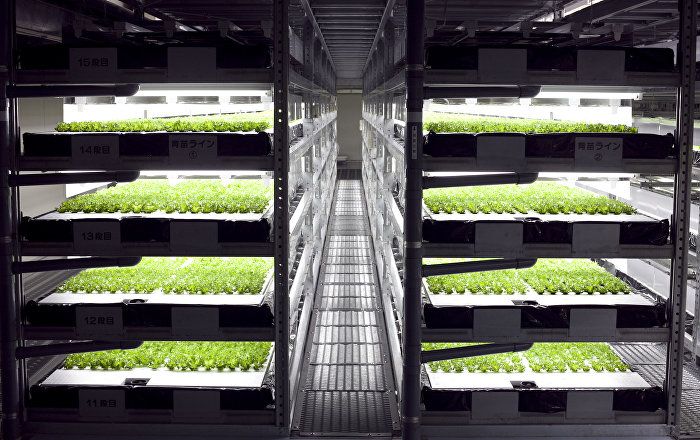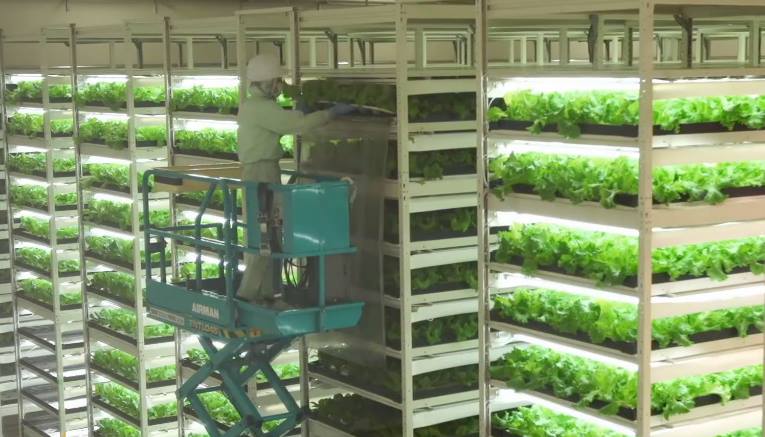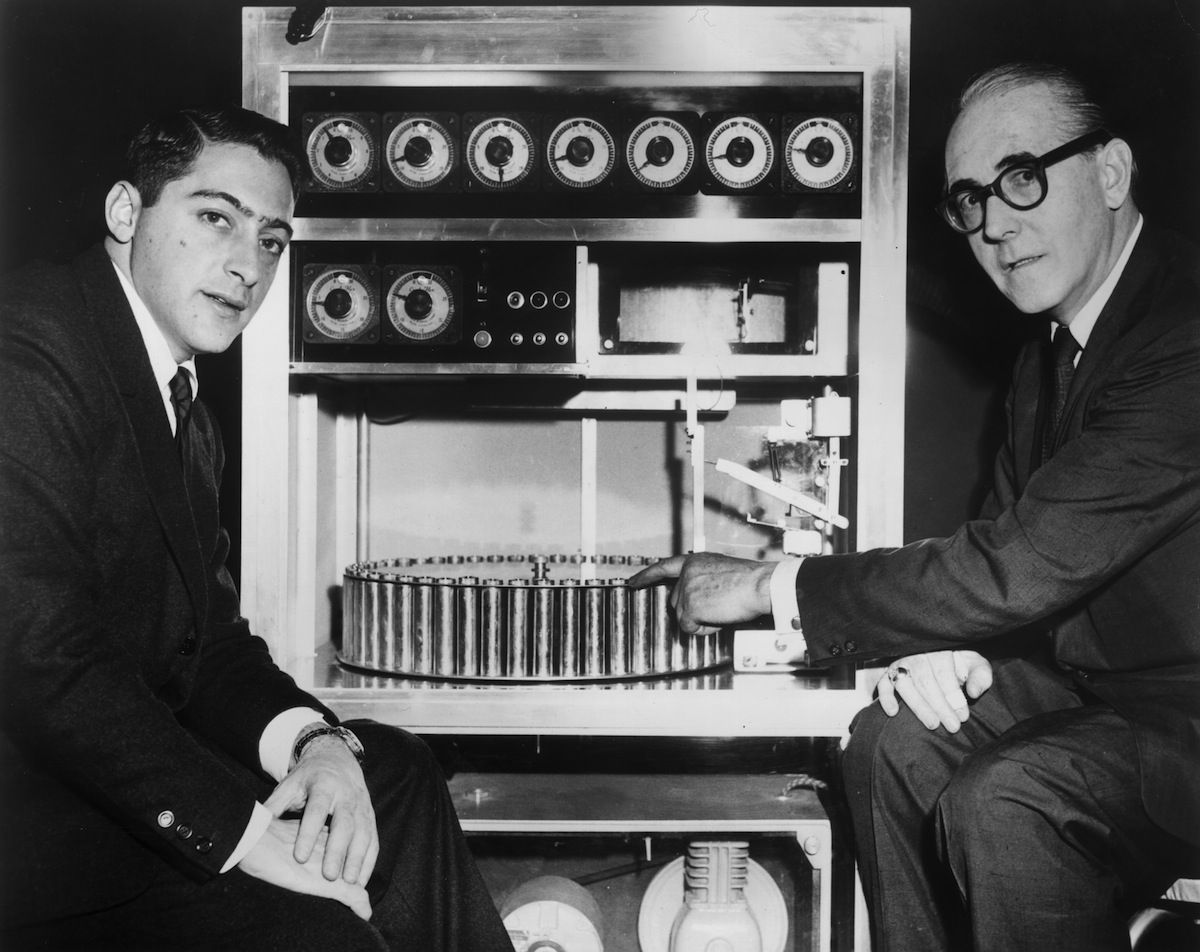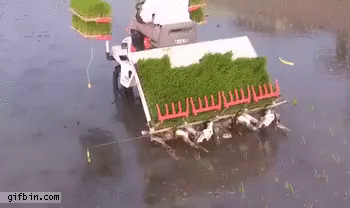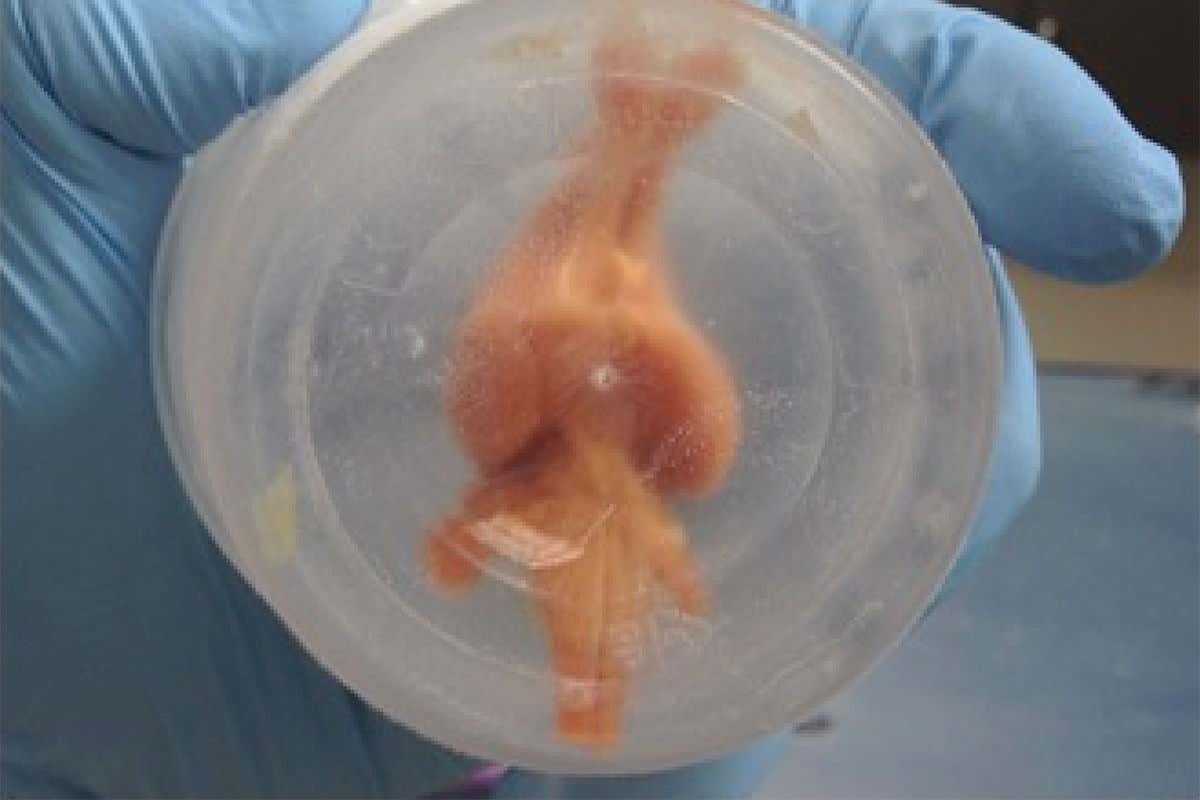Archive for the ‘food’ category: Page 314
Feb 21, 2016
New Japanese ‘Robot Farm’ Can Grow Vegetables Anywhere on Earth
Posted by Dan Kummer in categories: food, robotics/AI, sustainability
A new fully-automated farm in Japan can be used to grow vegetables anywhere on Earth with little human input, but it may not yet be a solution to solve hunger, the company’s CEO told Sputnik Japan.
Feb 21, 2016
The audacious plan to end hunger with 3D printed food
Posted by Shailesh Prasad in categories: 3D printing, food, materials

Anjan Contractor’s 3D food printer might evoke visions of the “replicator” popularized in Star Trek, from which Captain Picard was constantly interrupting himself to order tea. And indeed Contractor’s company, Systems & Materials Research Corporation, just got a six month, $125,000 grant from NASA to create a prototype of his universal food synthesizer.
But Contractor, a mechanical engineer with a background in 3D printing, envisions a much more mundane—and ultimately more important—use for the technology. He sees a day when every kitchen has a 3D printer, and the earth’s 12 billion people feed themselves customized, nutritionally-appropriate meals synthesized one layer at a time, from cartridges of powder and oils they buy at the corner grocery store. Contractor’s vision would mean the end of food waste, because the powder his system will use is shelf-stable for up to 30 years, so that each cartridge, whether it contains sugars, complex carbohydrates, protein or some other basic building block, would be fully exhausted before being returned to the store.
Continue reading “The audacious plan to end hunger with 3D printed food” »
Feb 16, 2016
How blockchain will save us from the perils of central bank price fixing
Posted by Karen Hurst in categories: bitcoin, economics, finance, food
What will be interesting most about block chaining is when more countries drop their own traditional currency models & move to block chaining like one of the countries in Africa announced 2 weeks ago. I do know that many 2nd & 3rd world countries are finding electronic currency more appealing due to the Central Bank’s policies; however, what will be the impacts at the end of the day felt across the world as more and more 2nd & 3rd world markets switch their models. Immediately, we see risks with central banks; the question is where else (WBO, WTO, US, etc)
Many countries have experimented with price fixing and central planning over the last century. Right now, Venezuela’s government is fixing the prices of many products. This has resulted in widespread shortages of goods which we, as the lucky inhabitants of semi-free economies, take for granted.
Price fixing has failed in every area of the economy in which it has been tried. But while few serious economists would suggest that we have a team of bureaucrats set the price of rubber, wheat or coffee, we do have one sphere of the economy which is still centrally planned – our monetary system. This will fail just like all central planning fails. We are now moving into a dangerous new phase of price fixing by central banks. Having failed to stimulate economies with years of zero per cent interest rates, they are now discussing the prospect of negative interest rates (and some have even introduced them), the reductio ad absurdum of modern monetary economics.
Continue reading “How blockchain will save us from the perils of central bank price fixing” »
Feb 15, 2016
7 of the Craziest Predictions for the Future, From the Past
Posted by Karen Hurst in categories: food, neuroscience
Here is a funny Time Magazine article highlighting all those dire predictions made decades ago:
Mind control, a steep uptick in kelp farming, and other crazy predictions that have yet to come true.
Feb 14, 2016
History: I know that we often write about the future, etc
Posted by Karen Hurst in categories: education, food, habitats, security, sustainability
However, one also must look at the past for insights and guidance on things that were done wrong to ensure bad history is not repeated.
Therefore, let me share with you a part of history that we need to be aware of and protect our future from ever repeating again.
Many folks have never heard of Poor Farms in the South and Poor Houses in some parts of the Midwest. Before soc. Security and Welfare we had poor farms/ houses. They date from the late 1800s until 1930s.
Poor farms/ houses were often filled with the elderly and others that had no money or anyone to take care them. People often worked the land for 16+ hours days, dressed in rags, and had very little to eat. Once you were there you could not leave ever until you died.
Continue reading “History: I know that we often write about the future, etc” »
Feb 14, 2016
Cotton Candy May be the Key to Creating Artificial Organs
Posted by Karen Hurst in categories: biotech/medical, engineering, food
Cotton Candy’s new inspiration.
Scientists are now able to spin a three-dimensional slab of gelatin that contains a microvascular network, something very like our capillaries, using a cotton candy-esque machine.
What do cotton candy and artificial organs have in common? More than you might think.
Continue reading “Cotton Candy May be the Key to Creating Artificial Organs” »
Feb 11, 2016
Mammal brain frozen and thawed out perfectly for first time
Posted by Genevieve Klien in categories: biotech/medical, food, neuroscience
Interesting. What do you think of this?
A mammal brain has been defrosted from cryogenic storage in an almost perfect state for the first time. This breakthrough, accomplished using a rabbit brain, brings us one – albeit tiny – step closer to the prospect of reanimating a human brain that has been cryogenically preserved.
After death, organs begin to decay, but we can delay this by cooling these tissues, just like freezing food. But in the same way that a frozen strawberry becomes soggy when defrosted, it is difficult to perfectly preserve mammals at cold temperatures. We, and strawberries, contain large amounts of water, which freezes into ice crystals that damage cells.
Continue reading “Mammal brain frozen and thawed out perfectly for first time” »
